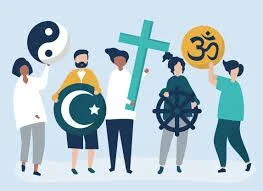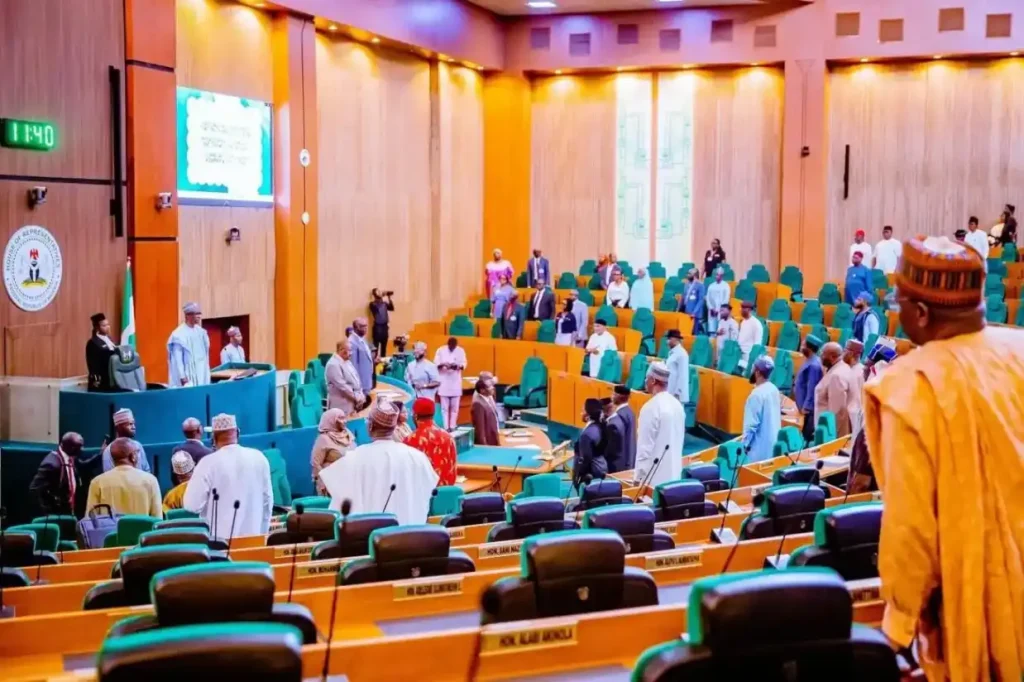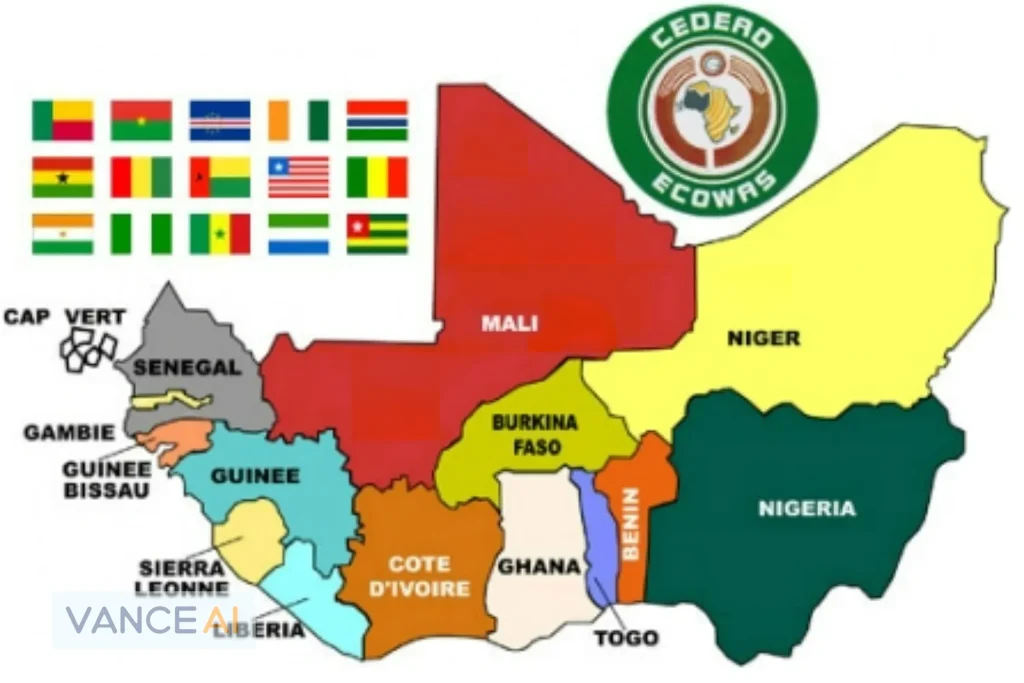Religion plays a pivotal role in addressing social crises across West Africa, particularly during times of conflict, natural disasters, and health emergencies. Religious organizations often serve as first responders in crises, providing food, shelter, and healthcare to those in need. During the COVID-19 pandemic, for instance, churches and mosques distributed relief materials to struggling communities while also promoting public health campaigns.
However, religious involvement in crisis response has not been without controversy. In some instances, religious leaders promoted misinformation, such as opposing vaccines or questioning the severity of the pandemic. This undermined government efforts to control the spread of the virus, highlighting the need for better coordination between religious bodies and public institutions.
Despite challenges, the potential for religious organizations to contribute positively to social development remains significant. Governments and civil society groups must build partnerships with faith-based organizations to leverage their influence in promoting social welfare and addressing community needs. By fostering collaboration and encouraging transparency, West African countries can harness the power of religion to achieve sustainable development and social stability.























